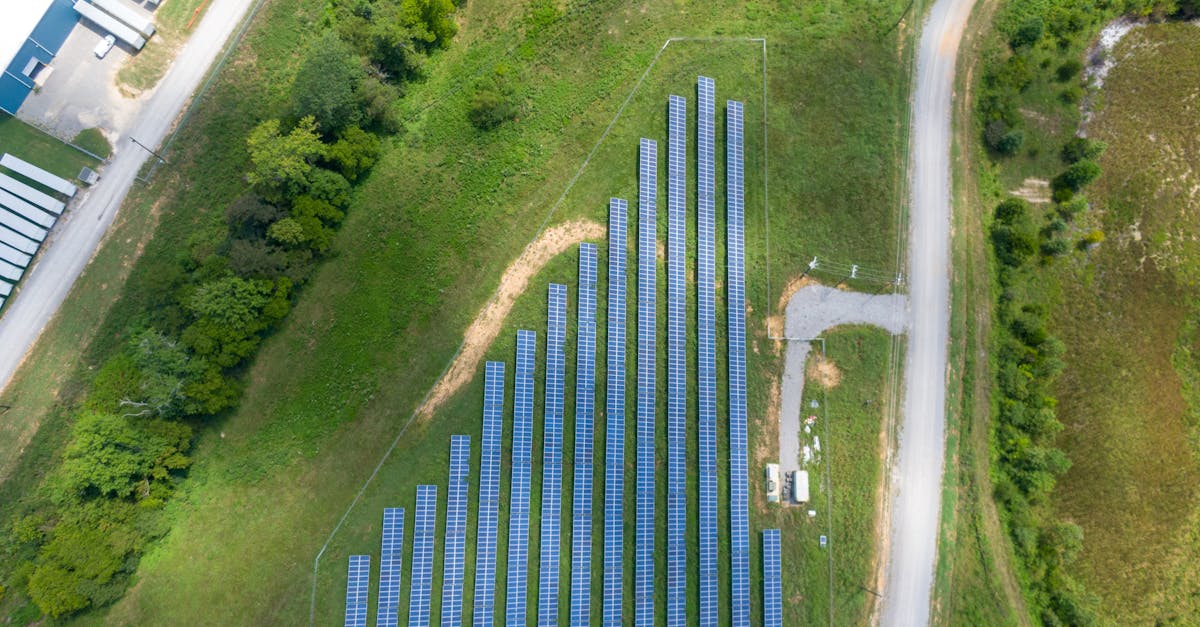Published on:
5 min read
Solar Panels Uncovered: Transform Your Energy Use and Save Money
Discover how solar panels can revolutionize your energy consumption while reducing your overall costs. This post delves into the benefits, installation process, and financial savings associated with solar energy.

The Benefits of Solar Energy
Solar energy presents numerous advantages for homeowners and businesses alike. First and foremost, it provides a sustainable energy source that reduces reliance on fossil fuels. This shift not only contributes to environmental preservation by lowering carbon emissions but also promotes energy independence. Furthermore, implementing solar panels can lead to significant cost savings over time. While the initial investment may seem daunting, many states offer incentives such as tax credits and rebates to make the switch more affordable. Depending on your location, going solar can substantially decrease your electricity bills and even allow you to sell excess energy back to the grid. These advantages make solar energy an attractive option for anyone looking to improve their energy efficiency.
Understanding Solar Panel Installation
Installing solar panels is a crucial step toward sustainable energy. The process begins with an assessment of your energy needs and understanding your roof's solar potential. A professional installer will evaluate factors such as angle, shade, and orientation to maximize efficiency. After selecting the appropriate solar system, permits and regulations must be navigated, which can vary by region. It’s wise to work with certified installers who ensure compliance with local codes and safety standards. Once installation is complete, it's important to monitor the performance of your solar system regularly. With proper maintenance, solar panels can last for 25 years or more, ensuring that you enjoy the benefits of renewable energy for decades.
Cost Savings and Financial Incentives
The financial implications of switching to solar energy are often one of the biggest draws for homeowners. Although the upfront cost of solar panel installation can be hefty, the long-term savings can be substantial. Depending on the size of your solar system, location, and energy usage, many homeowners report savings of 50% or more on their electricity bills. Additionally, various government incentives and tax credits can mitigate initial costs significantly. In fact, some states offer financing options that allow for no upfront payment and charge consumers based on their solar usage. With energy prices on the rise, investing in solar is not just environmentally friendly but also a shrewd financial decision.
Conclusion: Embrace the Future of Energy
In conclusion, transitioning to solar energy serves as an efficient and cost-effective way to transform your energy use while saving money. By understanding the benefits, installation processes, and financial incentives, you can make an informed decision to embrace this sustainable option. As technology progresses and solar panels become more accessible, taking the plunge into solar energy is a step toward a brighter and greener future.
Published on .
Share now!










